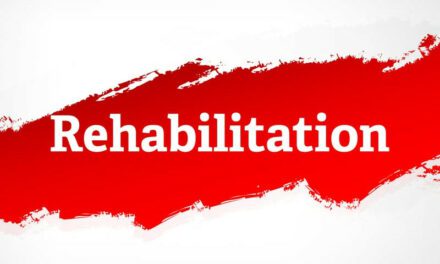By Frank Long, MS, Editorial Director
In an advice article published by the New Hampshire Union Leader Mehmet Oz, MD, responds to a reader question about frozen shoulder. The response is part of a two-question Q&A in which Oz and the Cleveland Clinic’s Michael Roizen, MD, address inquiries about why opioids fail as a long-term pain relief solution and the best ways to manage frozen shoulder.
Oz explains that adhesive capsulitis is, in fact, a common condition but one for which no specific cause is known. He outlines the three stages of the condition and notes that it occurs mostly among women and individuals age 40 to 60 years. Parkinson’s disease and cardiac disease are also risk factors that Oz and Roizen cite.
Citing a review in JAMA Open Network, Oz and Roizen explain the latest preferred approach as intra-articular corticosteroid injections administered alongside an appropriate exercise program or electrotherapy or passive mobilizations.
As for the specific home program, Oz and Roizen offer these three activities:
External rotation: Stand in a doorway and bend your affected arm’s elbow to 90 degrees to reach the doorjamb. Keep your hand in place and rotate your body away from your arm. Hold for 30 seconds. Relax and repeat.
Forward flex: Lie on your back with your legs straight. Use your unaffected arm to lift your affected arm overhead until you feel a gentle stretch. Hold for 15 seconds and slowly lower; relax and repeat.
Crossover arm stretch: Gently pull the affected arm across your chest below your chin as far as possible without causing pain. Hold for 30 seconds. Relax and repeat.
Oz Mehmet, MD, and Michael Roizen, MD, New Hampshire Union Leader, Jan. 16, 2021
The complete article, including Oz and Roizen’s commentary about the ineffectiveness of opioids in long-term pain management, appears in the New Hampshire Union Leader.





